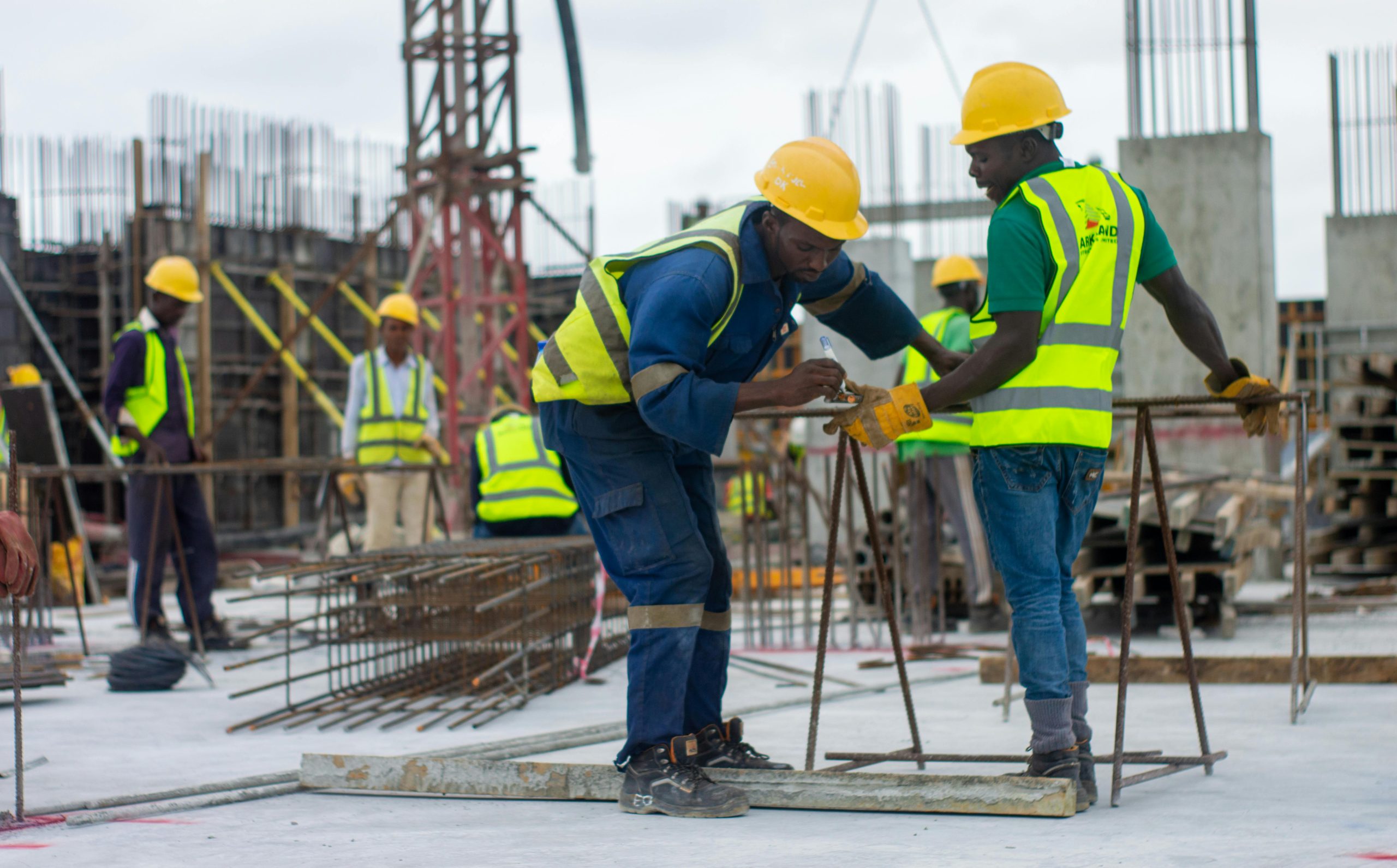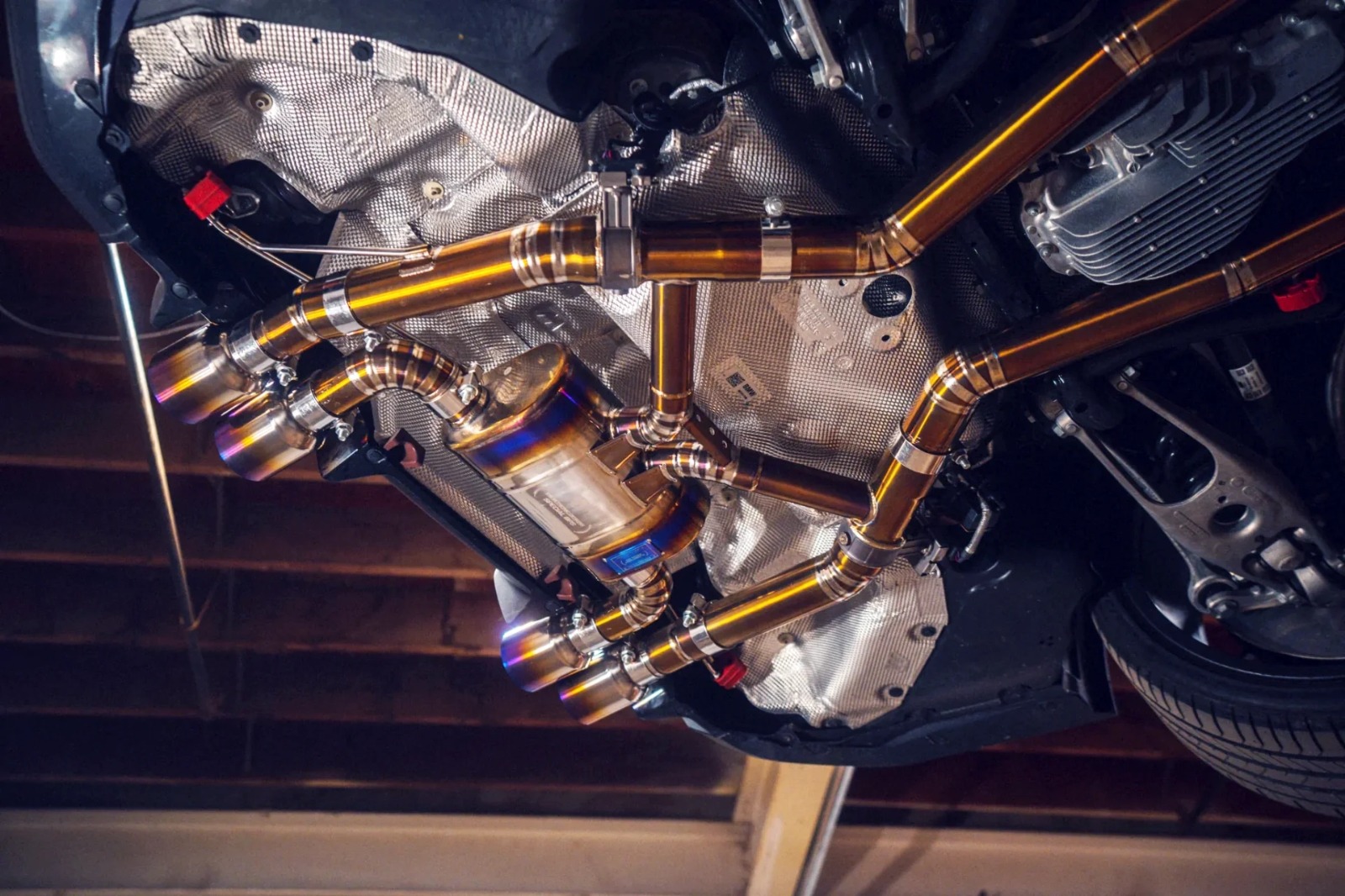Construction in Manhattan presents unique challenges that demand precision, expertise, and innovation. From navigating strict regulations to managing tight urban spaces, a Manhattan Construction Manager plays a pivotal role in ensuring projects are completed on time, within budget, and to the highest standards. At Plescia Construction & Development, years of hands-on experience have shaped strategies that consistently deliver excellence. Below are 12 expert insights from a Manhattan Construction Manager that highlight what it takes to thrive in the city’s demanding construction environment.
1. Mastering Urban Regulations
Manhattan is governed by some of the strictest building codes and zoning laws in the nation, reflecting the borough’s dense population, historical significance, and unique architectural landscape. For this reason, a Manhattan Construction Manager must be fully versed not only in the technical aspects of construction but also in the complex regulatory framework that governs every stage of development. A deep understanding of permit processes, compliance requirements, and safety mandates is essential to avoid costly delays, fines, or even project shutdowns.
From navigating zoning restrictions that dictate building height and land use, to ensuring compliance with environmental standards, accessibility regulations, and fire safety codes, the role demands constant vigilance and expertise. Construction managers must also stay up to date with ongoing revisions to city ordinances, Department of Buildings requirements, and state-level safety standards. By proactively managing these responsibilities, a construction manager ensures that projects progress smoothly, remain on schedule, and achieve successful completion without regulatory setbacks.
2. Maximizing Limited Space
Space is at a premium in Manhattan, making efficient planning critical. Construction managers rely on detailed site logistics to maximize the use of every square foot. From staging equipment to coordinating deliveries, space optimization directly affects timelines and safety.
3. Coordinating with City Agencies
Working with agencies such as the Department of Buildings and the Department of Transportation is part of the daily routine. A Manhattan Construction Manager ensures open communication with these entities to keep projects moving forward without unnecessary holdups.
4. Prioritizing Safety in Dense Environments
In a city as crowded as Manhattan, safety extends beyond workers to pedestrians and neighboring properties. Construction managers implement strict safety protocols, barrier systems, and real-time monitoring to minimize risks in bustling urban environments.
5. Effective Budget Management
Urban construction often involves higher costs due to logistics, labor, and compliance requirements. A Manhattan Construction Manager meticulously plans budgets, forecasts expenses, and adjusts strategies to keep projects financially viable without compromising quality.
6. Streamlining Communication
Large-scale construction requires seamless communication among architects, engineers, subcontractors, and clients. Managers use advanced project management tools to streamline updates, ensuring everyone involved is aligned on progress and changes.
7. Leveraging Technology
Technology plays a key role in modern construction management. From Building Information Modeling (BIM) to drone site inspections, a Manhattan Construction Manager uses cutting-edge tools to increase efficiency, reduce errors, and provide real-time updates to stakeholders.
8. Adapting to Fast-Paced Schedules
Manhattan projects often come with aggressive timelines. Managers must adapt to high-pressure schedules, coordinating multiple teams simultaneously to meet deadlines without sacrificing safety or quality.
9. Building Strong Vendor Relationships
Reliable vendors and subcontractors are crucial for timely project completion. A Manhattan Construction Manager cultivates strong professional relationships with trusted partners to ensure material availability and skilled labor.
10. Managing Community Impact
Construction in Manhattan doesn’t happen in isolation. Managers must consider noise levels, dust control, and street closures, working with community boards and residents to minimize disruptions while maintaining productivity.
11. Navigating Historic and Modern Structures
The city is a blend of historic landmarks and cutting-edge skyscrapers. A Manhattan Construction Manager must be skilled in restoration techniques for older buildings while also managing the complexities of modern high-rise construction.
12. Delivering Client-Centered Results
At the core of every project is the client’s vision. A Manhattan Construction Manager balances technical challenges with the client’s goals, ensuring the final product reflects their expectations in design, functionality, and quality.
Why Choose Plescia Construction & Development?
At Plescia Construction & Development, the role of a Manhattan Construction Manager is about more than just overseeing projects. It is about combining deep industry knowledge with innovation and integrity. Our team has delivered projects across the city that stand as a testament to craftsmanship, precision, and dedication. Whether developing residential spaces, commercial buildings, or mixed-use properties, we approach each project with a commitment to excellence.
Conclusion
The expertise of a Manhattan Construction Manager is essential to overcoming the challenges of urban construction. From managing tight spaces to navigating regulations and embracing technology, their role is the backbone of successful projects. At Plescia Construction & Development, we pride ourselves on delivering results that reflect not only technical excellence but also a dedication to client satisfaction. Whether you are planning a large-scale development or a smaller renovation, partnering with experienced professionals ensures your vision becomes reality. All categories and top stories are featured right on the homepage.
FAQs
1. What does a Manhattan Construction Manager do?
A Manhattan Construction Manager oversees planning, budgeting, safety, and execution of construction projects, ensuring compliance with city regulations and client expectations.
2. Why is construction in Manhattan more complex?
The complexity arises from strict regulations, limited space, high costs, and the need to work within a densely populated environment while minimizing disruption to the community.
3. How does Plescia Construction & Development stand out?
Our expertise, proven track record, and client-focused approach set us apart. We combine advanced technology with deep industry experience to deliver projects on time and with exceptional quality.



